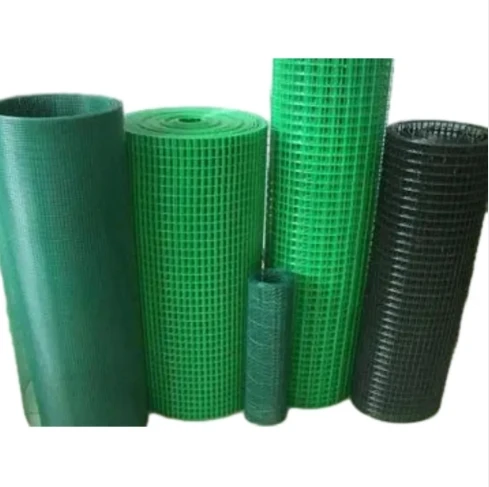Dec . 04, 2024 10:03 Back to list
Effective Strategies for Horse Safety in Field Fencing Solutions
Field Fencing for Horses Ensuring Safety and Security
When it comes to keeping horses, one of the most essential aspects to consider is the type of fencing surrounding their living areas. Proper field fencing not only ensures the safety of horses but also protects them from external threats and prevents escapes, which can lead to dangerous situations. Here, we delve into the various types of fencing suitable for horses and the considerations that must be taken into account when installing it.
Types of Fencing
1. Wooden Fencing Wooden fencing is one of the most popular choices for horse enclosures. It provides a classic aesthetic and can be very sturdy, capable of withstanding the force of a horse that may lean against it or kick. However, wooden fencing requires regular maintenance, such as painting or staining, to protect it from the elements. Moreover, picket-style fencing should be tall enough to prevent horses from jumping over.
2. Vinyl Fencing This option has gained popularity due to its durability and low maintenance requirements. Vinyl fencing does not splinter, rust, or rot, making it an attractive choice. It comes in various styles and colors, allowing owners to choose a design that complements their property. However, it can be more expensive than wooden options.
3. Wire Fencing While this type of fencing can be relatively inexpensive, it is crucial to use wire that is designed specifically for horses. Barbed wire or thin wire can cause injuries. High-tensile wire fencing, combined with wooden posts, can provide a safe and effective barrier when installed with the correct specifications. It is important to install wire fencing at a height where horses cannot easily lean through or get tangled.
4. Electric Fencing Electric fencing is a popular choice for many horse owners due to its effectiveness in keeping horses contained. It can deter horses from pushing against it and is an excellent option for temporary enclosures. However, it is important to ensure that the electric fence is properly maintained and that horses are trained to respect it to prevent accidents.
field fencing for horses

Considerations for Installation
When selecting and installing fencing for horses, several factors should be taken into account
- Height Horse fencing should typically be at least 4.5 to 5 feet tall to prevent horses from jumping or leaning over. Taller options may be necessary for more athletic breeds. - Visibility Horses need to see their surroundings, so choosing fencing materials that provide visibility can reduce anxiety. This is particularly important in a multi-horse environment.
- Safety The safety of horses should always be the top priority. Smooth materials are essential to avoid injuries such as cuts or scrapes. Avoid using barbed wire or sharp edges that can harm the horses.
- Spacing and Design When planning a fence layout, consider the spacing of the posts and the design of the fencing. This will influence the fence's overall strength and ability to contain the horses.
- Local Regulations Lastly, always check local regulations regarding fencing and zoning laws to ensure compliance and safety standards.
In conclusion, effective field fencing is crucial for the well-being of horses. By considering the various types of fencing and assessing the unique needs of your horses and property, you can create a safe and secure environment. Proper installation and maintenance will ensure that your fencing remains effective for years to come, allowing your horses to thrive in their surroundings.
-
The Role of Field Wire Fence in Grassland Conservation
NewsJul.15,2025
-
Stainless Steel Razor Wire Durability in Coastal Environments
NewsJul.15,2025
-
Enhancing Home Security with Mesh Fences
NewsJul.15,2025
-
Diamond Mesh Wire for Small Animal Enclosures
NewsJul.15,2025
-
Common Wire Nail Tensile Strength Testing for Woodworking
NewsJul.15,2025
-
Barbed Wire Corrosion Resistance Galvanization Techniques
NewsJul.15,2025









